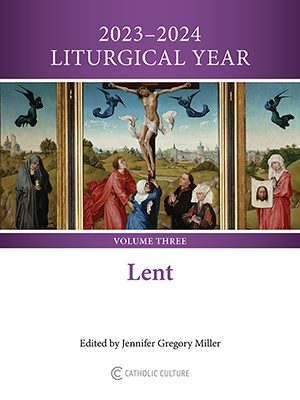Fathers of the Church
Epistle LXIII: to Januarius, Archbishop of Caralis (Cagliari) in Sardinia
by Gregory the Great in 590-604 | translated by James Barmby, D.d
Gregory to Januarius, &c.
Though your Fraternity in the zeal of righteousness gives fitting attention to the protection of divers persons, yet we believe that you will be the more prone to succour those whom a letter from us may commend to you. Know then that Pompeiana, a religious woman, has represented to us through one of her people that she endures many grievances continually and unreasonably from certain men, and on this account has petitioned us to commend her in our letters to you. Wherefore, greeting your Fraternity with the affection of charity that is due to you, we have felt that we must needs commend the aforesaid woman to you, that, with due regard to justice, thy Fraternity may not allow her to be aggrieved in any way contrary to equity, or to be subjected to any expense unadvisedly. But if it should happen that she has any suits, let the matter of dispute be debated before chosen arbitrators, and whatsoever shall be decided, let it be so carried into effect quietly through your assistance that both reward may accrue to you for such a work, and she who has been commended by our letters may rejoice in having found justice.
Taken from "The Early Church Fathers and Other Works" originally published by Wm. B. Eerdmans Pub. Co. in English in Edinburgh, Scotland, beginning in 1867. (LNPF II/XII, Schaff and Wace). The digital version is by The Electronic Bible Society, P.O. Box 701356, Dallas, TX 75370, 214-407-WORD.







